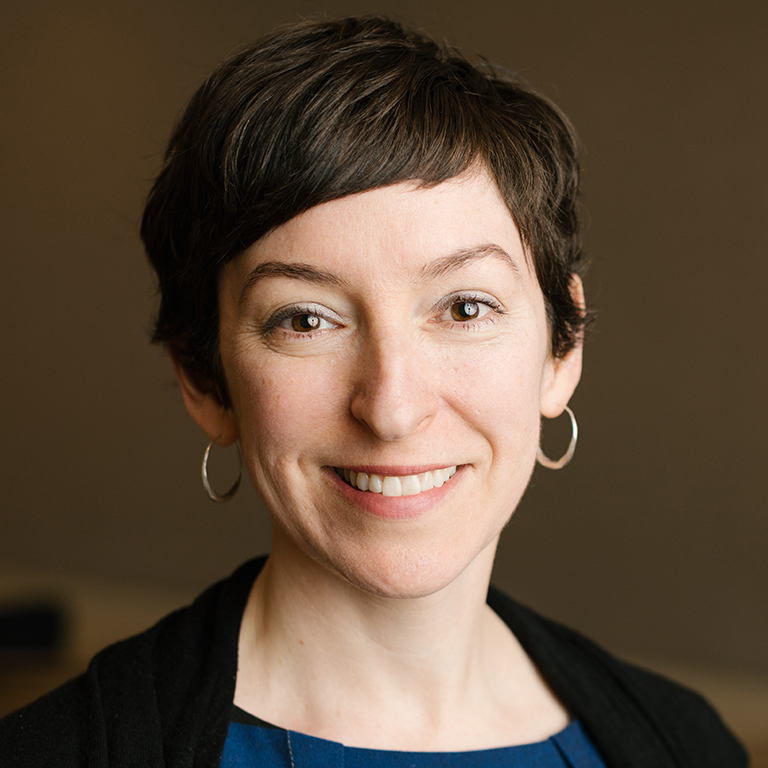Peer perceptions of disordered speech

Carina Obrecht
Undergraduate Researcher
Cognitive Science Major (College of Arts & Sciences)

Tessa Bent
Faculty Mentor
Tessa Bent (College of Arts & Sciences)
Project Description
Children who are native speakers of English typically achieve adult-like production of speech sounds by approximately 9 years of age. However, many children do not follow typical developmental trajectories and may present with disordered speech that negatively impacts a child’s perceived intelligibility. While some studies have investigated how service providers and caregivers perceive disordered speech, little is known about how peers perceive disordered talkers. To address this gap, we will examine the social preferences of typically-developing children through friendship selection and rating tasks. Similar tasks have been applied to other indexical characteristics, such as race and accent. For this project, we will be recruiting 4–12-year-old children who are typically developing. These children will hear a disordered talker that contrasts with a typically-developing talker of a similar age and the same gender. The children will select their preferred friend and then rate the talker’s perceived niceness, intelligence, friendliness, and likeness to their own speech. In addition to the friendship selection task, adult listeners will rate the intelligibility of the talkers and the ease of understanding of each speech sample. The Bent lab meets most Fridays from 3 PM-4 PM.
Technology or Computational Component
The student working on this project will contribute to data collection. For this component, the student will learn how to use software used to collect behavioral data (e.g., PsychoPy and jsPsych) and learn about both JavaScript and Python. In addition, the student will contribute to data analysis and data visualization using R.

